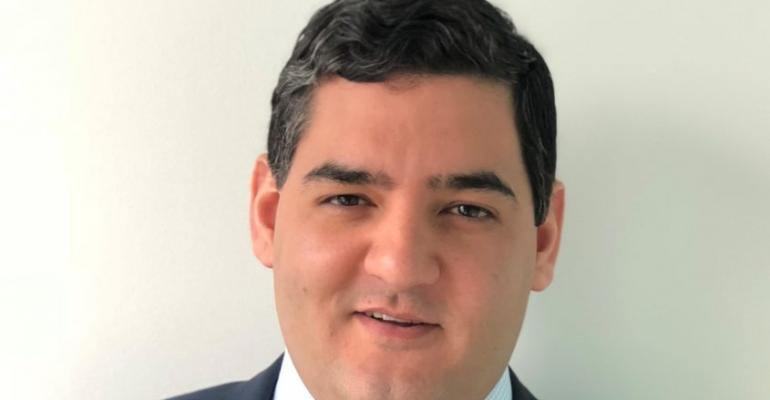The company, which used to be active in minor bulk shipping, is now changing focus to the ship repair segment. “Our focus on ship repair is a strategic one as our investors are well established in the ship repair industry and builds upon our Turkish subsidiary EcoShips which has been managing ship repair projects since 2016,” explained Newport Shipping Group ceo Erol Sarıkaya.
Newport has appointed a new executive team and is looking to provide drydocking, repair and financing services to the global shipping industry with a unique ship repair financing proposition. The recently launched new service portfolio lets shipowners who use one of Newport Shipping’s global network of 13 drydocks stagger 60% of their drydocking payments into 12 or more equal monthly installments.
Elaborating on the change in direction, Sarikaya said: “Our knowledge gained from managing minor bulks has helped as we clearly understand shipowner constraints and the importance of minimising working capital outlays.”
Sarikaya sees good potential in the market for its services. Anchored by its key facilities in Turkey, Newport’s network of yards gives it total capacity to handle up to 1,000 vessels annually. Set against the backdrop of a market with an estimated 15,000 drydocks annually, the company aims to provide repair services to 100 vessels in 2019 and reach 500 vessels per year by 2022.
“Importantly, with ample capacity, our flexible system allows us to minimize delays at yards that can otherwise be caused by a variety of factors between the time a vessel contracts with a yard and ultimately begins work,” added Sarikaya.
He admits that Newport’s concept has the potential to disrupt the industry but believes it will be for the overall good. “Yes, there is an element of industry disruption in all of this, but a change to the way in which ship repair and retrofit projects are executed is long overdue. It is Newport Shipping’s mission to provide shipowners and ship repair yards with a comprehensive service that allows them to benefit in what remains a difficult and competitive market,” said Sarikaya.
Read more on financing solutions for retrofits:
Norway offering international owners financing on retrofit equipment
MAN Diesel & Turbo offer discounts for 10 LNG retrofit customers
On the potential for Chinese state-owned shipyards with strong state-owned bank/finance company backing also muscling in on the segment, Sarikaya said: “Both the state-owned and private yards each have their strengths and weaknesses.”
He emphasized: “What excites us is that we are supporting the operating strengths of our yards with a leading deferred payment solution, combining strength with strength. We will continuously look to build on this edge by expanding our services beyond the regular scope which will further build upon our direct relationships with ship owners. For example, we can already include all owners’ extras such as paint, spares, specialist and retrofits as well as procurement of items to eliminate costly delays.”
Newport also believes it has a good system to mitigate credit and other risks. “First and foremost, we understand ship owner constraints and provide a valuable solution to reduce working capital requirements in an otherwise capital intensive industry,” said Sarikaya.
“Credit is a big part of this process, and for this reason we have brought in an executive management team with a background in shipping credit and clear understanding of the ship owner community,” he added.
Sarikaya highlighted examples such as chief risk officer Colin Manchester, who brings 30 years shipping experience from RBS and has worked with a number of ship owners globally across numerous sectors.
“Risk is a fundamental part of any business model and we carefully evaluate all our projects to minimise any risk, but we also want to work together in partnership with owners and hopefully become their long term partner of choice and in doing so this will also mitigate risk in what is a very cyclical industry,” he reiterated.
Sarikaya is also clear that this is a way to gain an advantage in the retrofitting market as pending regulation makes installation of certain equipment necessary. “Equipment upgrades, and retrofits represent a significant ship owner cost at a time where freight rates remain below their cyclical averages. By deferring payments, we minimise the associated upfront cost component allowing shipowners to “pay-as-you-go” from subsequent vessel operations,” he said.
Copyright © 2024. All rights reserved. Seatrade, a trading name of Informa Markets (UK) Limited.
Add Seatrade Maritime News to your Google News feed.  |


